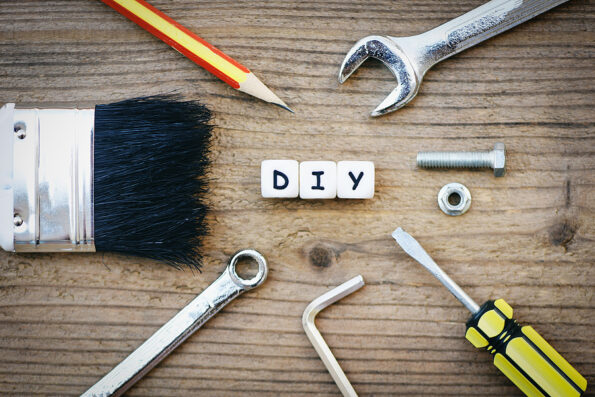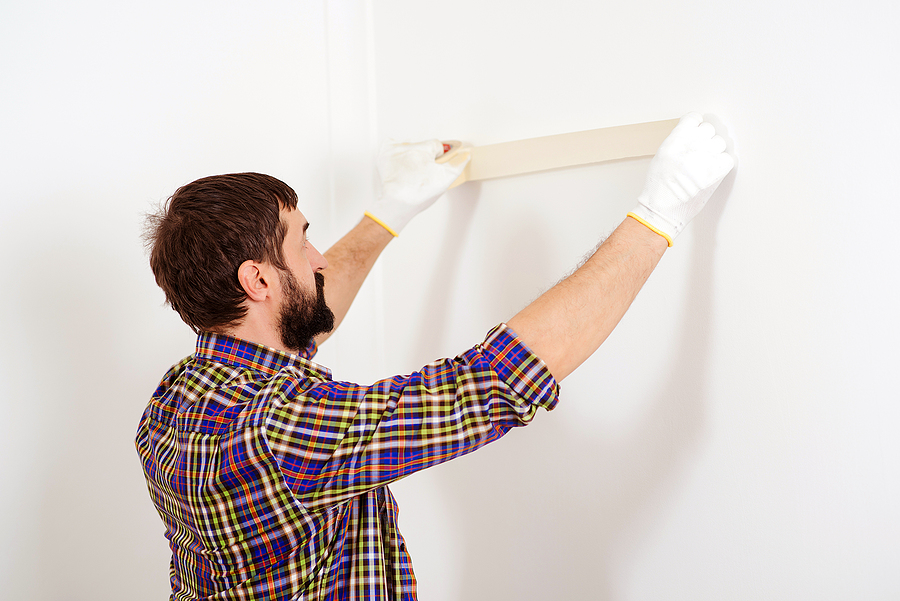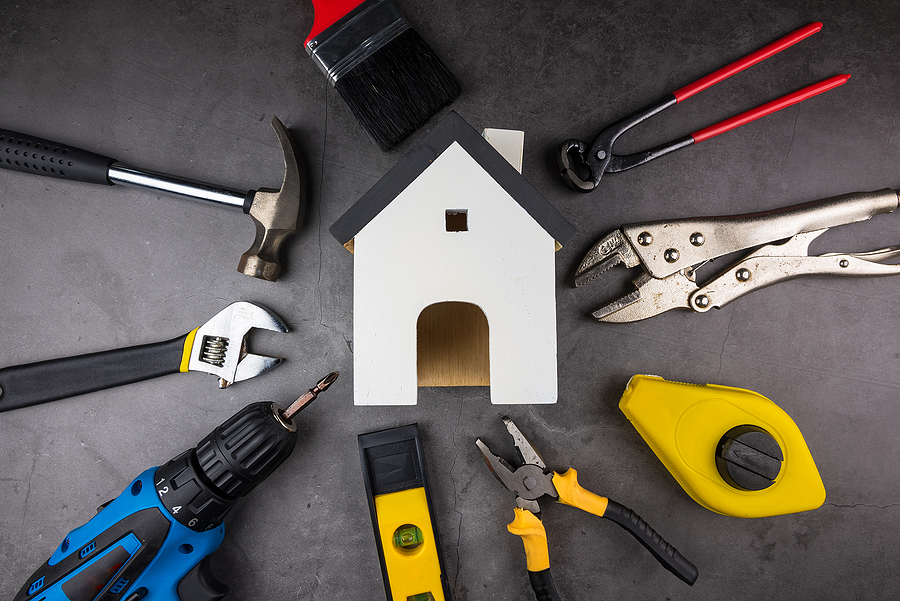Should you tackle that home improvement job by yourself or call an expert to do it?
This is a harder question than it first seems. Doing the job yourself may seem simple, but once you start getting your hands on the project, you might quickly find yourself overwhelmed. Similarly, becoming a DIY expert may seem like it can save you money, but this isn’t always the case.
How should you approach this decision and how can you make a better one?
Analyze the Job
The most important thing to do is analyze the job. Different home improvement and renovation projects carry different risks, and offer different pros and cons with the DIY approach.
Consider the following variables as you decide whether to try and do the work yourself:
- Safety/health hazards. Are there any safety or health hazards associated with doing this job? If so, you should consider hiring professionals to do it. Even if you feel confident in your skills, if you’re working in an environment that could jeopardize your life or your health, you shouldn’t take the risk of moving forward alone.
- Size and scope. You’ll also need to consider the size and scope of the job; the smaller and simpler it is, the more you should lean toward doing it yourself. For example, if you’re simply installing a new toilet seat, you shouldn’t need to call a professional. If you’re thinking about overhauling the plumbing of your entire bathroom, DIY may not be favorable.
- Total cost. Similarly, you should think about the total cost of the project. This is important because it can help you figure out how much money you stand to save by doing the work yourself and how much you could lose by doing the job wrong. Sure, you might be able to tackle a $20,000 bathroom remodel for only $10,000 if you do the work yourself – but how much will it cost you if you need to call an expert to fix what you mess up?
- The process. Work to understand the process of this DIY job. Watch videos, read tutorials, and learn as much as you can. Be honest with yourself; does this seem like something you can reasonably handle?
- Potential ramifications. Finally, keep the potential ramifications of an amateur mistake in mind when evaluating the job. Working with electricity, for example, can be highly dangerous; if you make an electrical mistake, it could result in a damaging electric shock or present a new fire hazard in your home.
Know the Pros and Cons
Next, understand the main pros and cons of doing the work yourself versus hiring a professional.
These are some of the greatest advantages of the DIY approach:
- Save money. Typically, you’ll save money by doing the work yourself. You won’t have to pay a contractor for their time!
- Retain control. You can supervise and execute the project completely by yourself.
- Learn something. Some people love doing DIY projects because it gives them a chance to develop skills and learn more about how their house works.
These are some of the most important drawbacks to acknowledge:
- Investing time. You might save money, but you’ll be forced to invest more time. Even simple DIY projects can take many hours to complete.
- Increasing personal risks. Some jobs can introduce you to safety or health risks.
- Potentially increasing long-term costs. If you botch the job or fail to adequately plan for the future, the DIY approach can actually cost you more in the long term.
What other pros and cons can you think of for the DIY approach in your specific job?

DIY or Call an Expert: How to Make a Better Decision
These steps can help you come to a better decision about whether you should call an expert or do the work yourself:
- Get multiple quotes. It’s a good idea to get multiple quotes for your project, even if you’re leaning toward doing the work alone. This can help you understand the cost of the project, how much you could save by doing it yourself, and the potential complexity of the project.
- Plan for some setbacks. Don’t assume that everything is going to go well if you do the work yourself. In fact, you should plan on at least some things going wrong. If the project takes twice as long as you expect, or if it costs twice as much as you expect, would you still be happy with the DIY route?
- Assume the worst-case scenario. In planning, always assume the worst-case scenario. Are you okay with things going catastrophically wrong in that situation?
- Talk to people with experience. You can get a better understanding of the demands of the project by talking to people who have experience doing it. Do you have any friends or family members who have done this job themselves? Do they feel you’re capable of it? Would they be willing to help you?
There’s rarely a clear answer for whether you should do the work yourself or hire an expert. The more dangerous the job is, the more complex the job is, and the more expensive it is, the more you should lean toward working with professionals. However, if you’re confident that you can handle the job and tolerate the risks, there’s nothing that should stop you from trying to do the work yourself.
Image Source: BigStockPhoto.com (Licensed)
Related Categories: DIY, Home, Reviews








